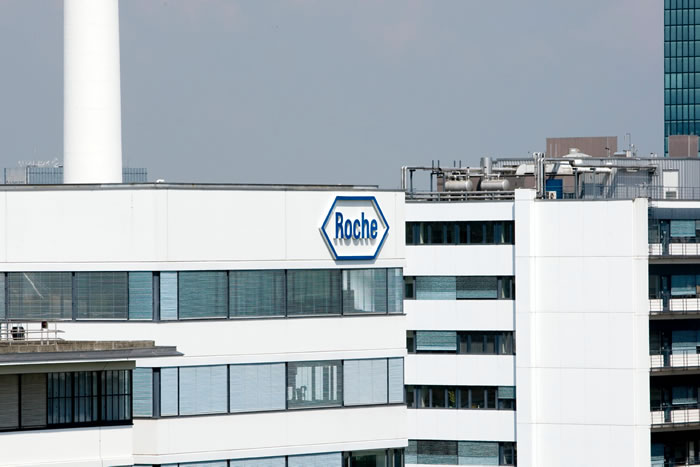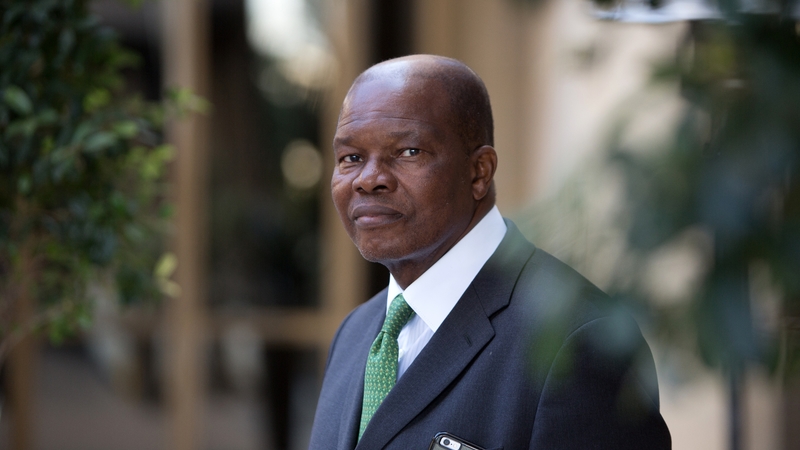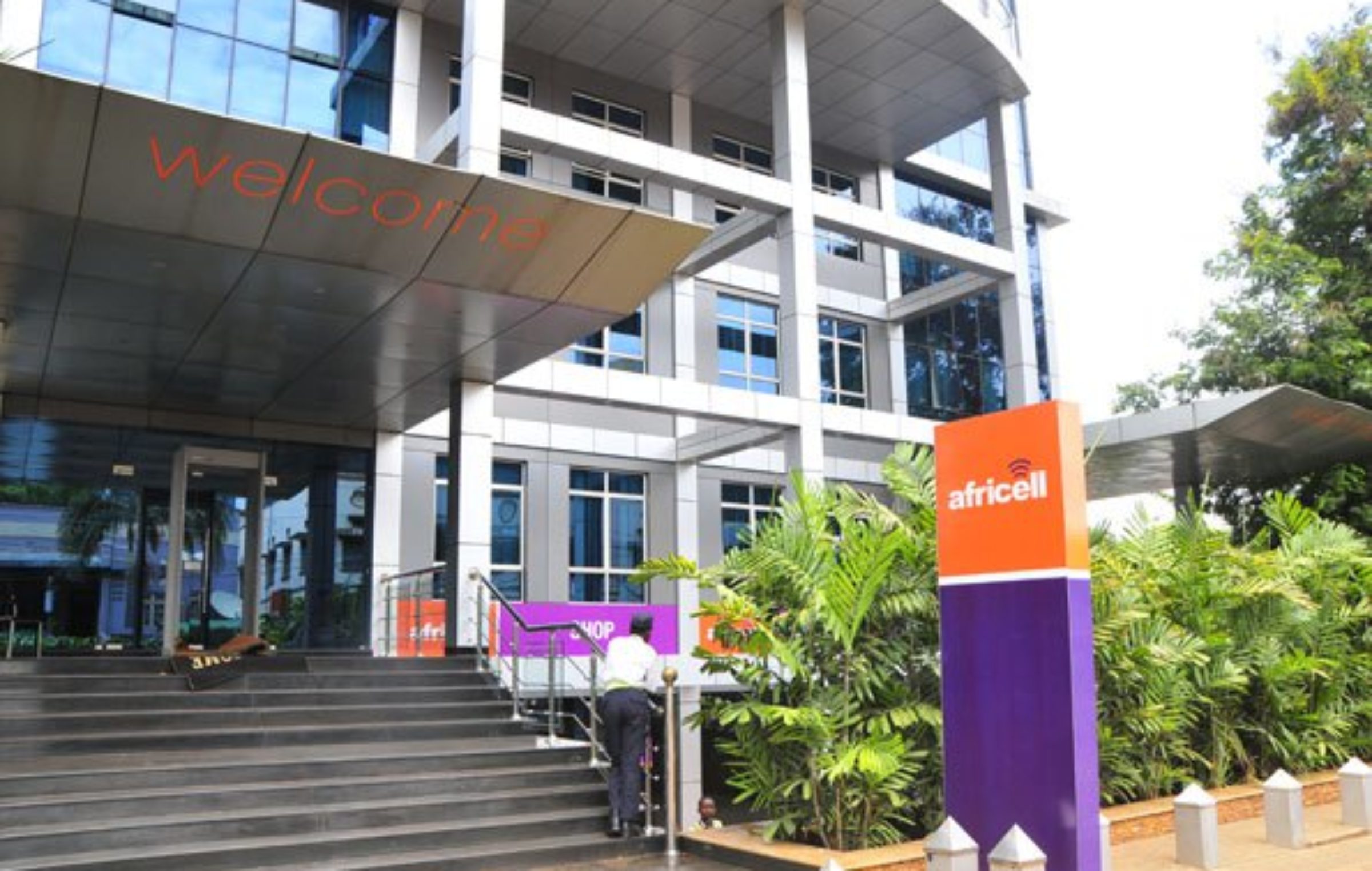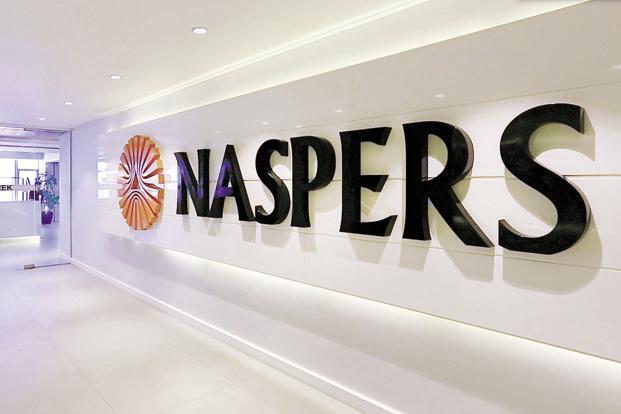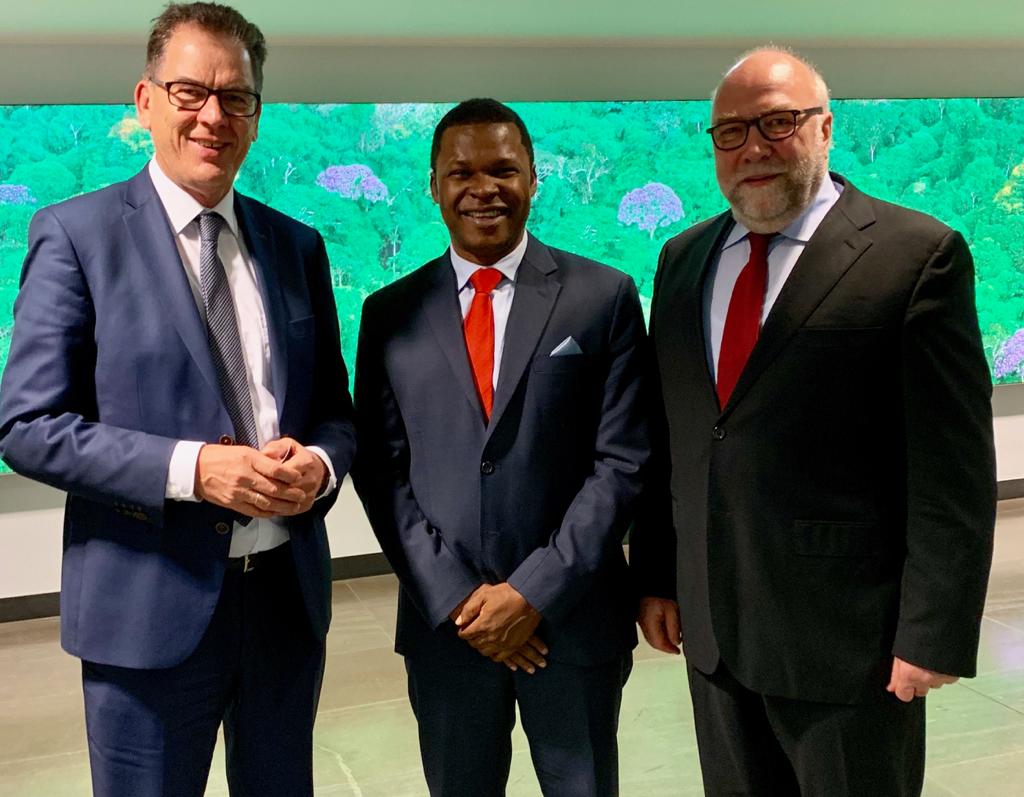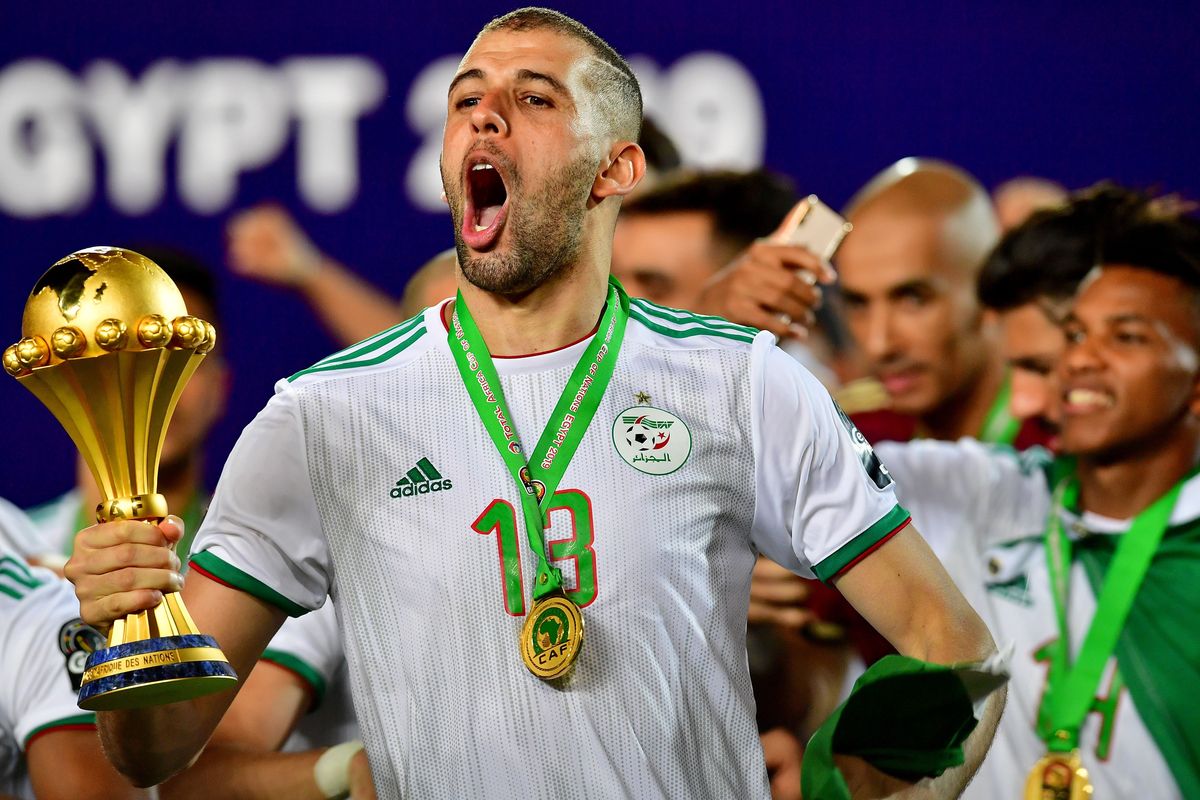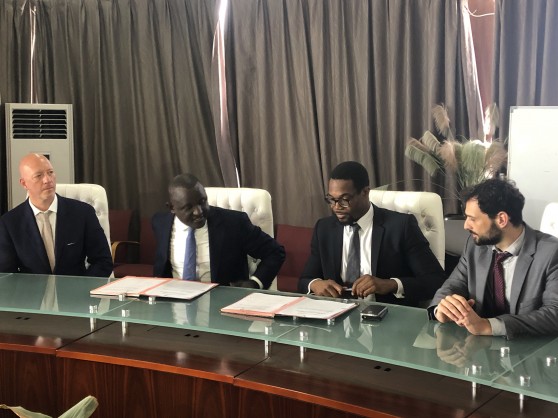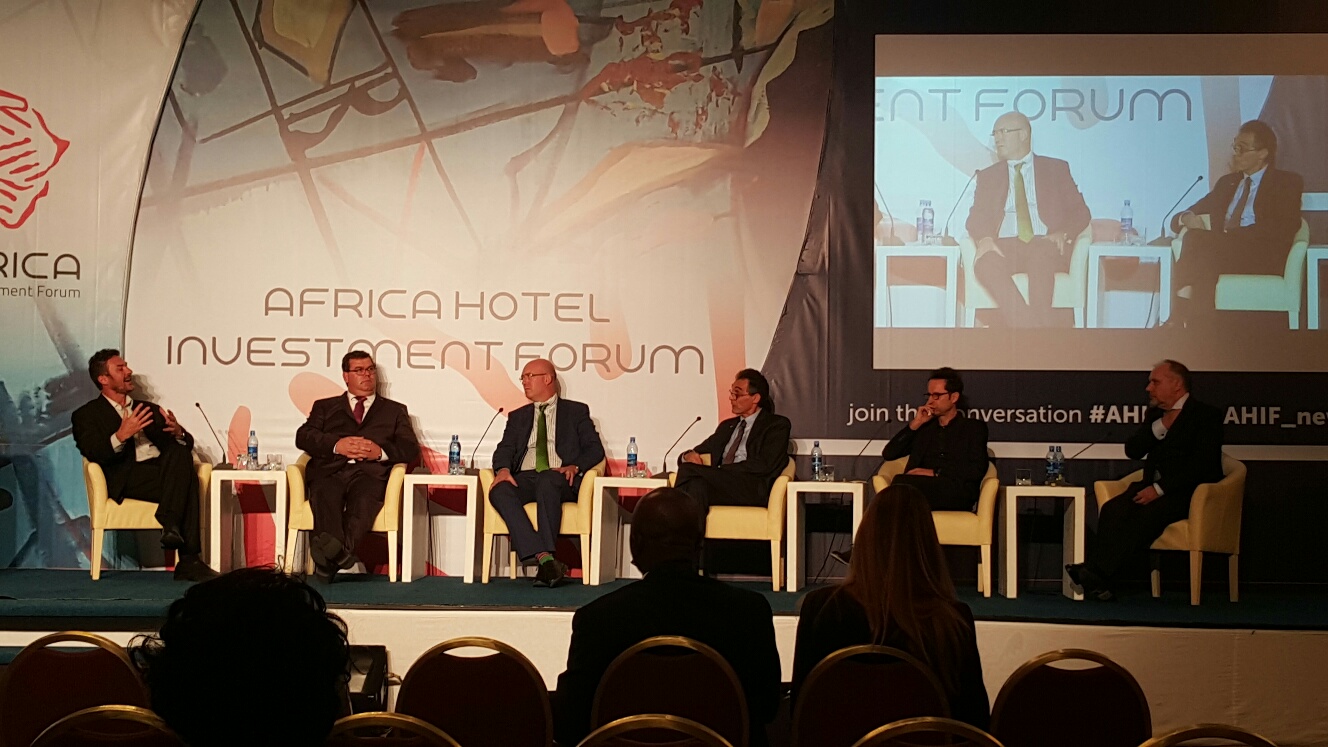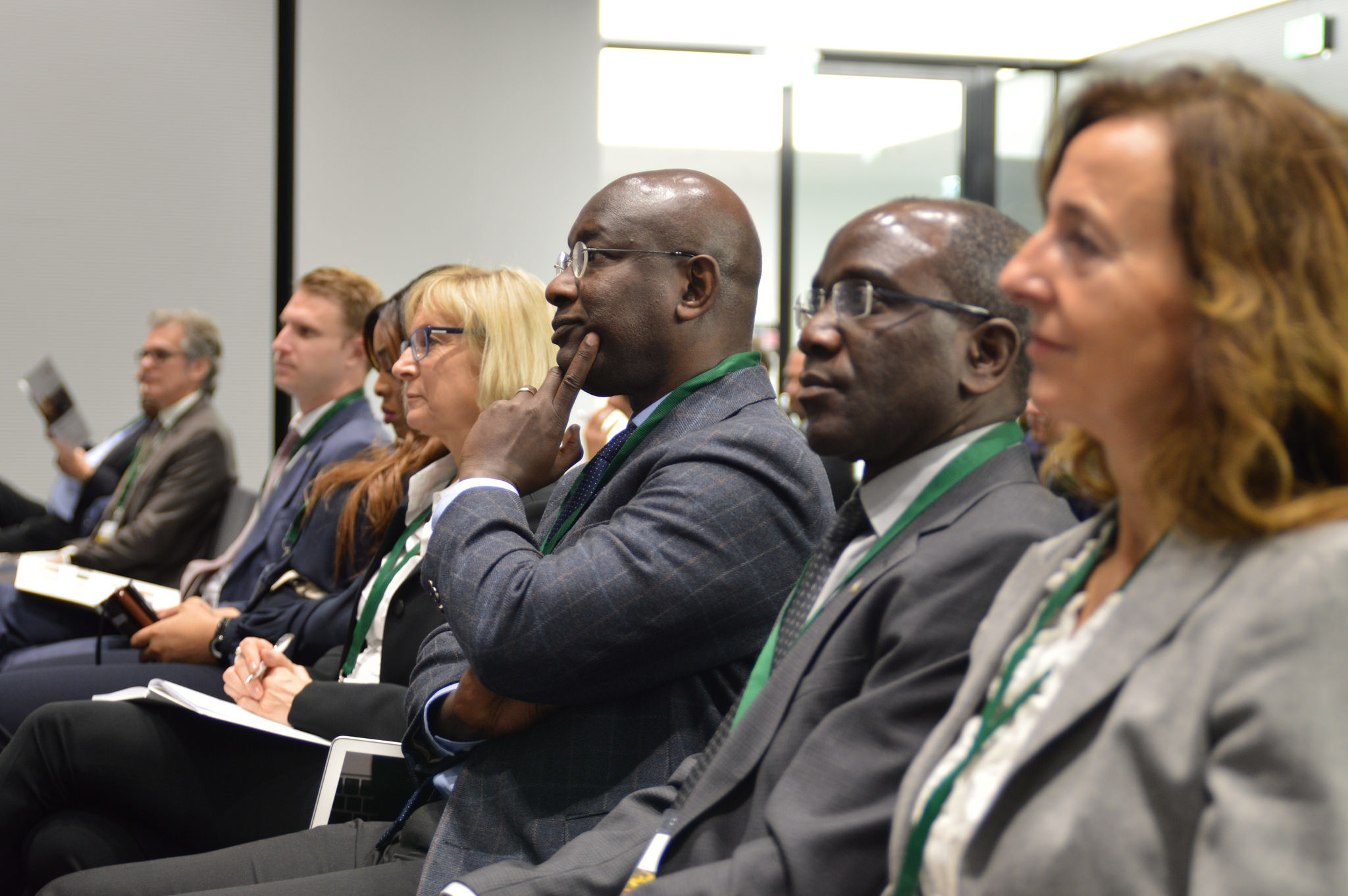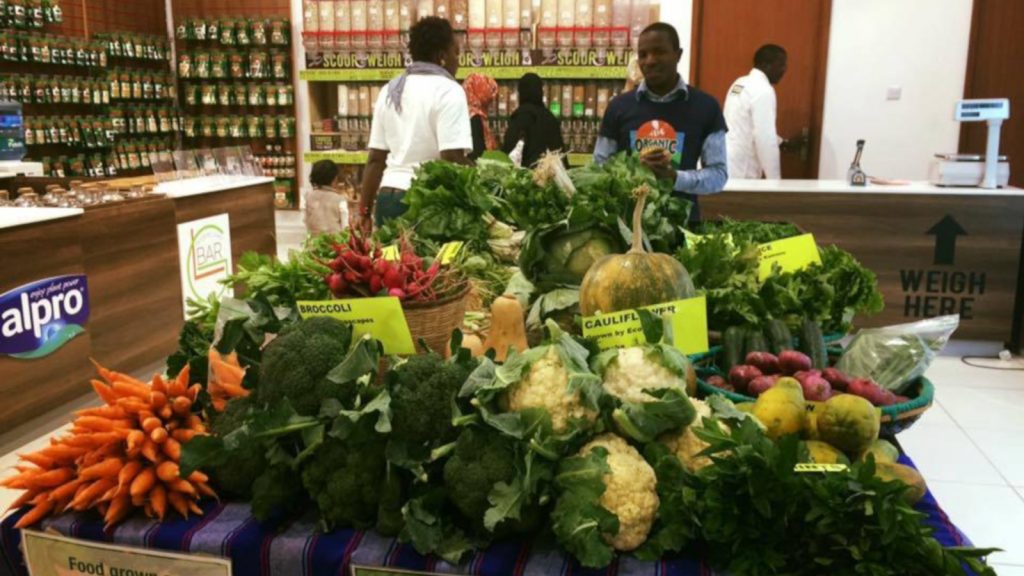Roche expands the Global Access Program beyond HIV to also include diagnostic tests for Tuberculosis, Hepatitis, and Human Papillomavirus
Roche announced today the Global Access Program is expanding beyond HIV, to include Mycobacterium tuberculosis (MTB), Hepatitis B and C (HBV and HCV), and Human Papillomavirus (HPV) for low and middle-income country programs where the disease burden is the highest.
The expansion of the Global Access Program highlights Roche’s commitment to improve access to cost-effective resources, implement scale-up programs, and contribute to the elimination of diseases in the regions with the greatest need.
“With effective treatment options for these infectious agents and improved patients access to diagnostics, early detection can help save lives and ease suffering,” said Michael Heuer, CEO Roche Diagnostics. “As the leader in infectious disease diagnosis testing, Roche is dedicated to supporting goals on eradicating diseases globally.”
“Access to cutting-edge, best in class diagnostic test results means more patients being appropriately diagnosed and well treated, resulting in lives saved,” stated Clinton Health Access Initiative’s (CHAI’s) Chief Science Officer David Ripin.
“We welcome Roche’s decision to expand access to tests for hepatitis, tuberculosis, and HPV (the leading cause of cervical cancer) to their Global Access Program, providing health systems with transparent and consistent pricing to these important tests in addition to the HIV viral load and early infant diagnostics already established in the program.

CHAI values Roche’s continued partnership in the effort to make diagnostics seamlessly available in well-optimized diagnostic lab systems throughout the world.”
“Accessible pricing can be the difference between a patient getting a quality diagnosis or not,” said Catharina Boehme, CEO of the Foundation for Innovative New Diagnostics (FIND) – a global non-profit devoted to the development and delivery of diagnostics for diseases that include TB and HCV. “FIND is proud to have worked with Roche to expand the Global Access Program for these deadly diseases, leveraging our support for its TB assay.”
Access to screening, early detection, and prevention of transmission reduces the spread of disease. Tuberculosis is a major health crisis and is the leading cause of infectious disease deaths worldwide. Access to hepatitis diagnostic tests for HBV and HCV will improve the outlook of eliminating these chronic infections.
And screening with HPV DNA testing can more accurately identify women at risk for cervical cancer than other screening methods. With vaccination and proper screening, cervical cancer is a preventable disease. Importantly, infection with HPV has been found to increase the risk of HIV transmission for both men and women. Similarly, women living with HIV are four to 10 times more likely to develop cervical cancer. Screening for co-infection (HIV+ HPV) can significantly improve disease management decisions and enable appropriate patient care.
In total, the Global Access Program now includes molecular diagnostics for HIV-1 viral load, HIV-1, and HIV-2 early infant diagnosis, the cobas® Plasma Separation Card – an innovative plasma collection device, MTB, and MTB – RIF/INH, Hepatitis B and C, and Human Papillomavirus. All these assays run on the cobas® 4800/6800/8800 platforms for various testing volume needs to be enabled by the cobas® Plasma Separation Card that transports samples from remote areas/sites to the central lab for further processing.
About World Health Organization disease elimination goals
Optimizing the use of diagnostics will be critical to achieving targets for elimination. The UNAIDS HIV 90:90:90 goal by 2020 states that by 2020, 90% of all people living with HIV will know their HIV status, 90% of all people with diagnosed HIV infection will receive sustained antiretroviral therapy, and 90% of all people receiving antiretroviral therapy will have durable viral suppression.
For hepatitis, the World Health Organization defined goals aiming at a 90% reduction in new chronic infections and a 65% reduction in mortality in 2030 as compared with the 2015 baseline.
Cervical cancer is preventable with vaccination, screening, and treatment when necessary. The draft 2030 goals for cervical cancer elimination include 90% vaccination rate for HPV in girls by 15 years of age, 70% of women screened with a high-precision test at 35 and 45 years of age along with appropriate follow-up, and 90% of women identified with cervical disease receive treatment and care.
The WHO have established goals to end Mycobacterium tuberculosis by 2035 which includes a 95% reduction in death, 90% reduction in incidence, and 0% catastrophic costs.
About Roche’s Global Access Program
In 2014, Roche announced, the Global Access Program for increased access to HIV diagnostics. Roche partnered with national governments, local healthcare facilities, communities and international agencies, including UNAIDS, CHAI, Unitaid, the U.S. President’s Emergency Plan for AIDS Relief (PEPFAR), Global Fund, and Center for Disease Control and Prevention (CDC), to establish programs that would go beyond providing diagnostic tests.
Since its inception, the program has expanded substantially in the menu and geographic footprint to provide increased access to diagnostics at affordable pricing for qualifying organizations in eligible countries with the highest disease burden. Most recently the Global Access Program included the innovative cobas® Plasma Separation Card to provide the only CE-marked plasma sample collection devise which meets the World Health Organization sensitivity standard of < 1000 cp/mL.
According to the World Health Organization (WHO), there are over 36 million people living with HIV around the world. Just 21.7 million people are receiving antiretroviral therapy and of those, only 47% are virally suppressed.
Tuberculosis is a major global health problem and is the leading cause of infectious disease deaths worldwide. The World Health Organization (WHO) estimates that about 1.7 billion people are infected with MTB, with an estimated 10.0 million new TB infections, and over 1.6 million deaths in 2017.
Viral hepatitis remains a major public health burden killing more than 1.34 million people annually and mortality is on the rise. 71 million are estimated to be infected with chronic hepatitis C; whereas, 257 million are estimated to be infected with hepatitis B. The majority of disease burden is in low- and middle-income countries
According to the WHO, there are approximately 570,000 new cases of cervical cancer and 311,000 deaths globally each year, with close to 90% of these occurring in low- and middle-income countries. , Human Papillomavirus (HPV) is the cause of nearly all cases so screening for HPV DNA can identify women at risk; with proper vaccination, screening and treatment, nearly 100% of cervical cancers can be eliminated.
Kelechi Deca

Kelechi Deca has over two decades of media experience, he has traveled to over 77 countries reporting on multilateral development institutions, international business, trade, travels, culture, and diplomacy. He is also a petrol head with in-depth knowledge of automobiles and the auto industry.

